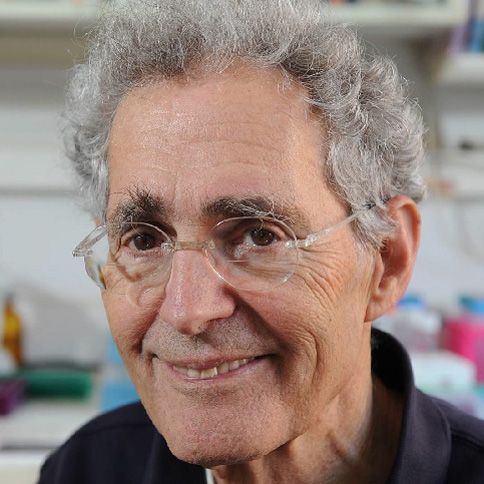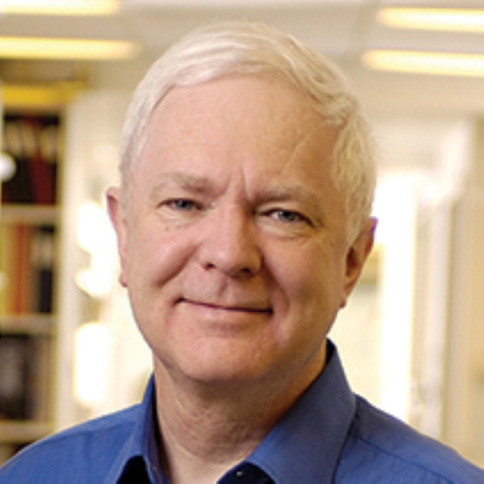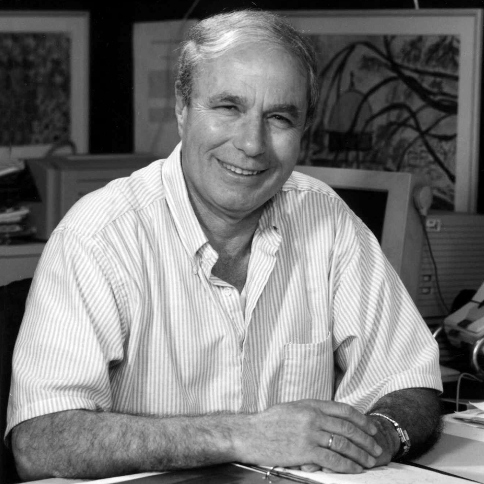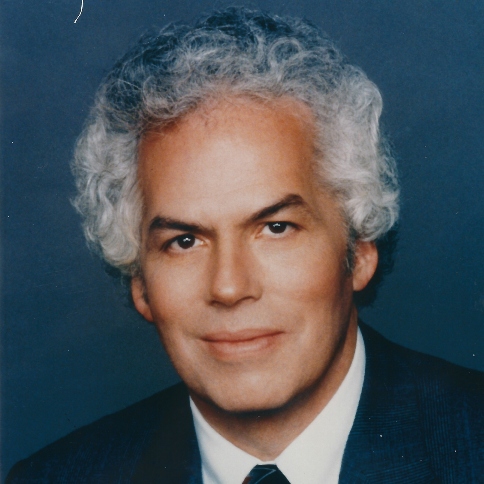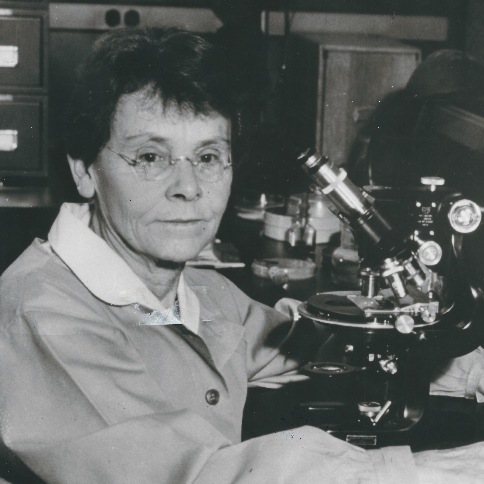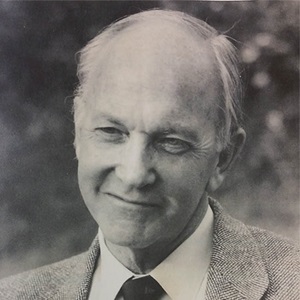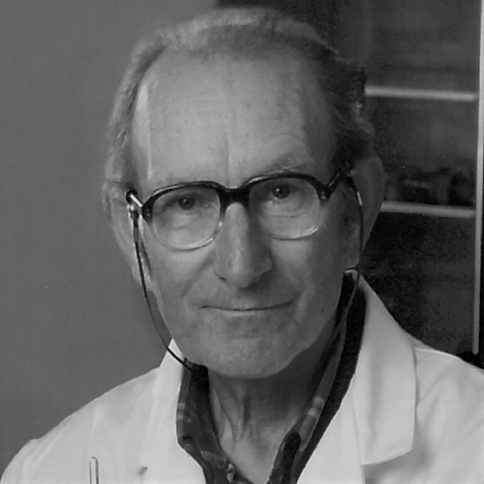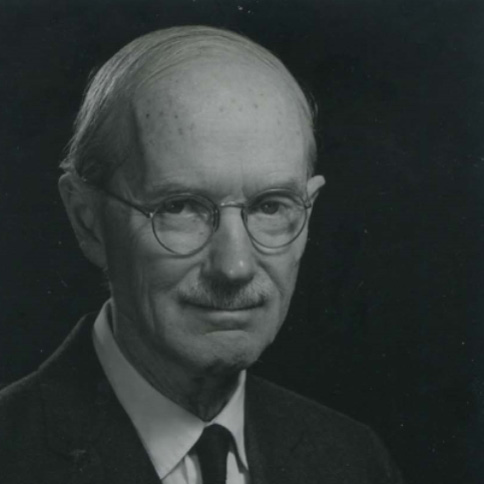
Jeffrey M. Friedman
Wolf Prize Laureate in Medicine 2019

Jeffrey M. Friedman
Affiliation at the time of the award:
Rockefeller University, USA
Award citation:
“for the identification of Leptin, a new endocrine system regulating body weight”.
Prize Share:
None
Jeffrey M. Friedman is a leader in the biology of the mechanisms that control body weight. Jeffrey M. Friedman, born in Orlando, Florida, received his medical degree from Albany Medical College of Union University and residency training in Internal Medicine at Albany Medical Center Hospital. He received his PhD degree in 1986 from the Rockefeller University and later joined the Faculty, where he is presently Professor and an Investigator of the Howard Hughes Medical Institute. Professor Friedman’s achievements have been recognized by numerous awards
The endocrine system that Friedman discovered is comprised of the hormone leptin, its cytokine family receptor and key hypothalamic neurons that regulate appetite and metabolism. Leptin is an afferent signal in this fundamental endocrine feedback loop and serves a critical biological function of stably maintaining adipose tissue mass. Mutations in leptin or its receptor cause massive obesity in mammals, and leptin therapy can effectively treat obesity in leptin deficient patients. Leptin also links changes in nutrition to adaptive responses in other physiological systems, with major effects on insulin sensitivity, fertility, immune function and neuroendocrine function (among others). Leptin is now an approved treatment for generalized lipodystrophy, a condition associated with severe diabetes, and has also shown promise for the treatment of other types of diabetes and for hypothalamic amenorrhea, an infertility syndrome in females. Most obese patients have high endogenous levels of leptin, indicating that they are leptin-resistant, and show variable responses to exogenous leptin. Prior to Friedmans studies, little was known about specific components of biological systems that regulate weight, with many questioning the very existence of such a homeostatic system. The discovery of an entirely new endocrine system controlling body weight (and many other processes) is a major, remarkable, landmark contribution exceptionally worthy of the Wolf Prize in Medicine











































